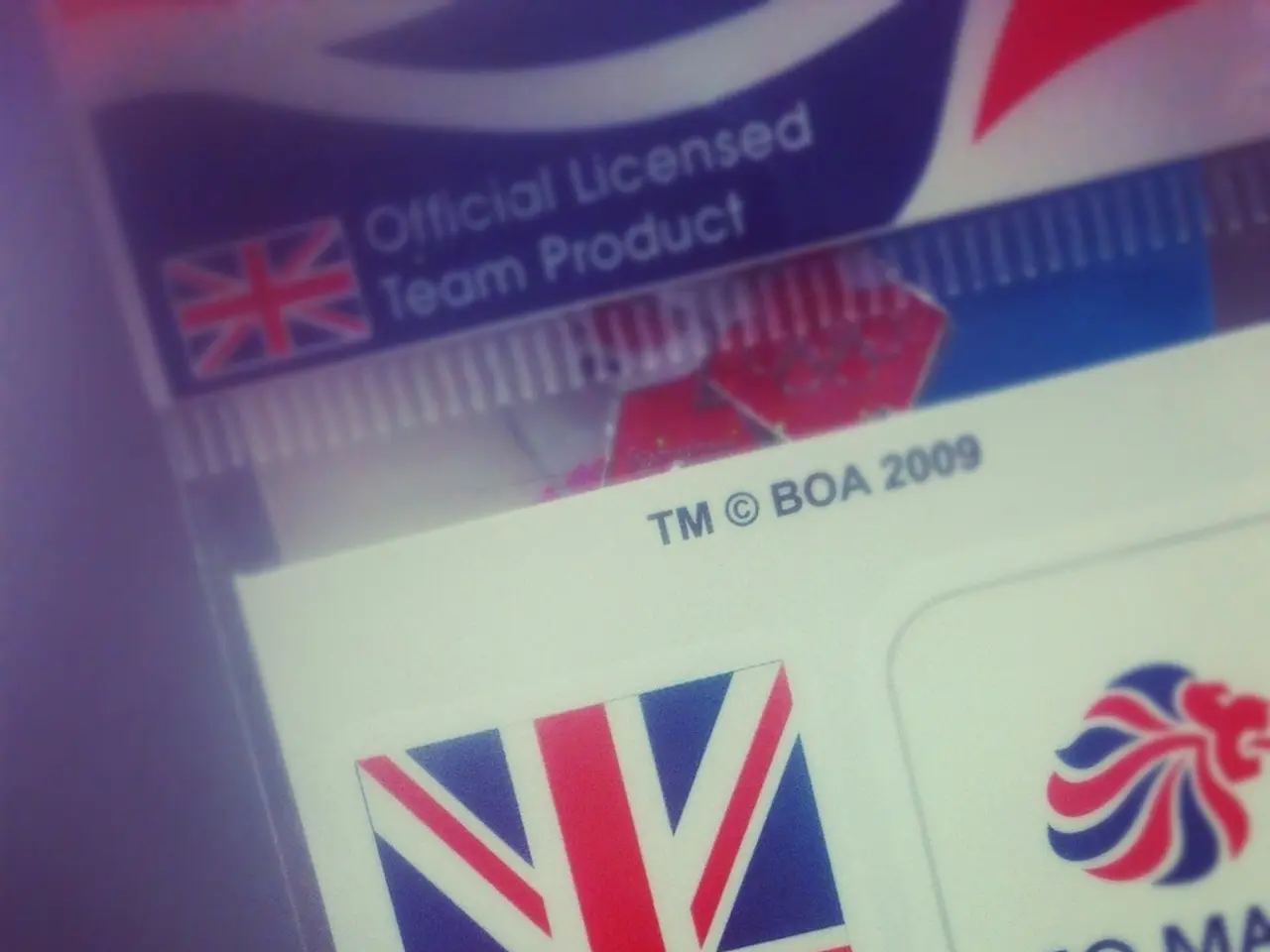Nvidia and AMD alleged to split 15% of their Chinese GPU earnings for obtaining export licenses - Possible groundbreaking revenue-sharing agreement for export permissions potentially reached
The U.S. government is set to receive a portion of the revenue generated by Nvidia and AMD from sales of advanced AI chips exported to China, under a new revenue-sharing deal. The deal, yet to be officially announced, has been reported by multiple outlets, including the BBC, FT, and Reuters.
According to the terms of the agreement, the U.S. government will receive 15% of the revenue generated by Nvidia and AMD from sales of specific AI chips that require export licenses. The exact dollar amount of additional revenue to the government depends on the total sales volume, which has not yet been fully realized or formally notified.
Nvidia views the China AI chip market as a potential $50 billion opportunity, suggesting that 15% of such revenue could translate into billions of dollars for the U.S. government if and when these sales scale up. AMD is part of the same framework, but concrete revenue forecasts or government revenue estimates for both companies combined have not been publicly detailed.
The deal was struck allowing Nvidia to sell its H20 chip and AMD its MI308 chip in China in exchange for paying 15% of China-sourced revenues to the U.S. Commerce Department. The 15% figure was negotiated after initial talks where the U.S. sought a 20% cut; Nvidia CEO Jensen Huang negotiated it down to 15%.
Although export licenses have been granted, Nvidia indicated there is no formal regulation codifying the revenue-share requirement, and it warned that US government demands could lead to litigation or competitive harm. The government revenue gain will thus scale with actual sales, which are expected but not finalized, so the U.S. additional revenue is speculative but potentially in the billions of dollars range if the China AI market opportunity fully materializes.
The U.S. Commerce Department has allegedly started issuing H20 licenses last Friday. The deal represents a landmark foray into uncharted territory, as commercial entities paying a revenue share in exchange for government export license approval is unprecedented.
The restrictions on exports of AI accelerators were originally put in place due to national security concerns. The safety concerns seem to be a tit-for-tat response to Western powers, who cite similar concerns regarding Chinese-sourced semiconductors and electronics.
Chinese state media has characterized Nvidia H20 GPUs as "neither environmentally friendly, nor advanced, nor safe." Nvidia has strenuously denied the existence of any kill switches, back doors, or spyware in its GPUs. The U.S. government has reportedly agreed to a deal with both Nvidia and AMD, requiring them to pay 15% of China-sourced revenues to unlock export licenses for previously restricted chips.
The statement also provided context to the newly announced export license approval process and expressed hope that the rules would allow America to compete in China and worldwide. The 15% deal, when judged purely on financial terms, is 'small potatoes' to a country like the U.S. However, with the new deal, both Nvidia and AMD's yearly revenue figures from China could increase impressively.
Read also:
- Trade Disputes Escalate: Trump Imposes Tariffs, India Retaliates; threatened boycott ranges from McDonald's, Coca-Cola to iPhones
- Li Auto faces scrutiny after crash test involving i8 model and a truck manufacturer sparks controversy
- Celebrated Title: Cheesemakers Blessed Upon
- Construction and renovation projects in Cham county granted €24.8 million focus on energy efficiency








